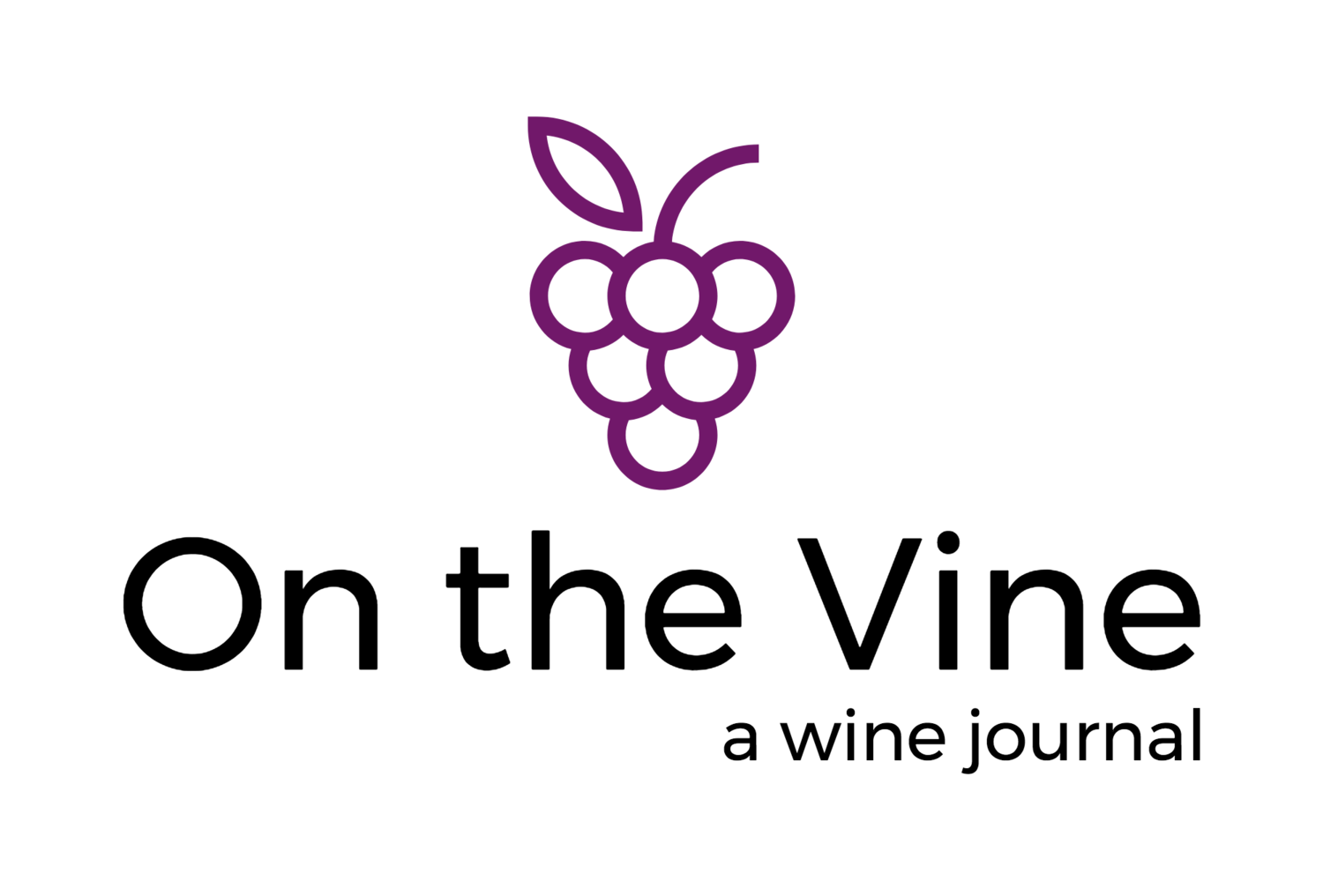Knowing What I Don’t Know
/To know all things is not permitted.
–Horace (65-8 BCE)
On November 30 of last year, I passed the exam to become a Certified Specialist of Wine (CSW).
When I started thinking about a career change into the wine industry, I knew I would need to learn more about wine. In the years before the pandemic, I took classes and passed the first two levels of the Wine and Spirits Educational Trust (WSET) curriculum. These levels are pretty comprehensive, but I knew that WSET 3 is considered the “professional” level. Beyond that, of course, are level four and the Diploma. And WSET is only one of several certifying organizations.
One of those other certifiers is the Society of Wine Educators (SWE), which confers the CSW. As I became more interested in wine, I was influenced by a wonderful woman who held a certification from SWE - so I knew of its existence through her. Unlike WSET and others, there is less emphasis on blind tasting and service. But it is a rigorous study of the world’s wine regions, wine production, chemistry, and viticulture. Since I am most interested in wine communications and writing, the CSW felt like a good fit.
The good news is that SWE offers a highly structured online course to assist candidates with their preparation. As befits an organization with “Educators” in its title, the habits, and practices of learning are given a spotlight. Led by Jane Nickles (https://bubblyprofessor.com/) we worked our way through the contents of the CSW textbook, tasting representative wines along the way. Jane is an encouraging and thorough teacher and her enthusiasm kept me going through what turned out to be over a year of study. This requires a lot of memorization, especially for a middle-aged brain. But Jane’s tips and routines for absorbing all of this were immensely helpful.
After you pass, they send you a pin
So what difference has it made?
I came face to face with my poor grasp of world geography. And this is after having done a bit of world travel! Improving my geographic knowledge may be the best “non-wine” learning that came out of the experience.
Certifications are nice, but the industry more highly values practical experience and connections. There are lots of very active people in wine who have never studied any of this stuff. I’m not sure having CSW after my name will be much of a career boost.
I have glimpsed how much I don’t know. The answers to many wine questions start with, “it depends…” Once you think you understand a production process or a region’s style of wine, there is some exception. But one cannot appreciate an exception without knowing about the prevailing expectations. Music is the same way - the creations of great composers are best appreciated in light of the musical culture that preceded them.
The other day a friend texted me asking for a recommendation for a “non-Prosecco” Italian bubbly. I suggested Franciacorta, a sparkling wine made in north-central Italy at the foot of the alps. As I was describing it to her, I mentioned that they use the “traditional (i.e., Champagne) method” and that it is, generally, a drier and more ‘serious’ sparkling wine than Prosecco. And that it’s delicious. But then I realized I had forgotten what grapes are used there (it’s mostly Chardonnay). Sigh.
Remembering everything about this amazing world of wine seems unlikely at this stage of my life. But I’m glad to know more than I did before and to have earned the certification to prove it.







